REBUILD (WEEK 2)

DAY 14: SELF REFLECTION
On Day 14 of your workbook, try something new by writing your name with your non-dominant hand five times. Once you do an activity more than three times your brain will literally start connecting synapses to make you better at the task.
DAY 14 MICRO-SCIENCE
This is Your Brain on Drugs
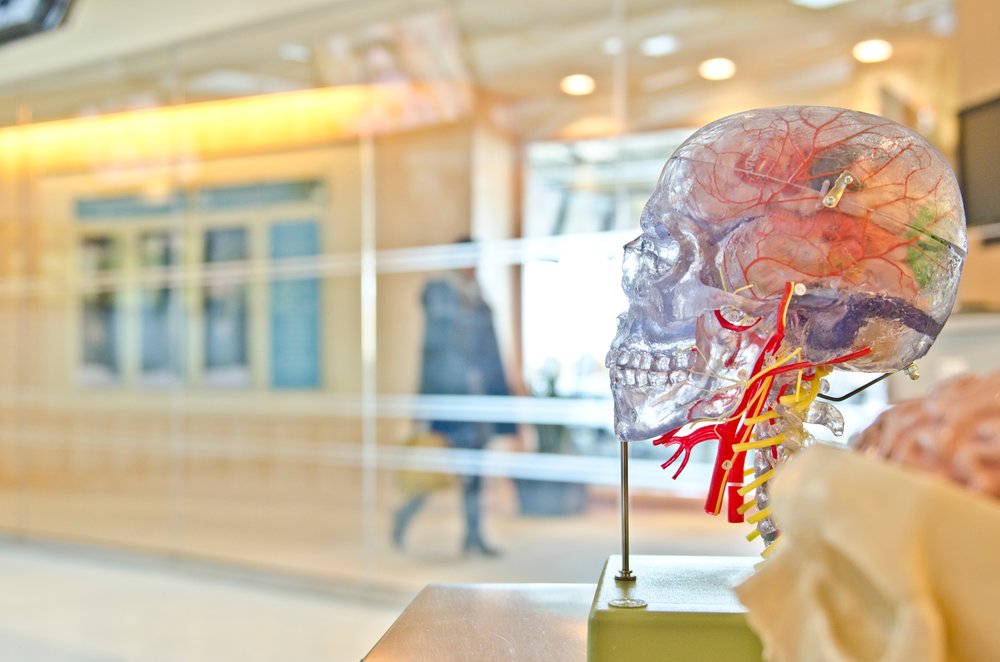
Anything not done in moderation can become a problem. The same rules apply to alcohol, drugs, or caffeine. We may think that if we don’t see any outward physical signs then there isn’t a problem. However, anything that gets put into our bodies has an effect and if you do enough of anything the effects on your brain can be quite large. If you don’t believe me, then just check out the images below that depict the end result of overuse. The SPECT scans below take an image of the blood flow in different areas of the brains from different bloodflow related issues. Alcohol and drug use although we might not be fully aware of the damage it is causing, restricts bloodflow to certain parts of the brain. If certain areas, like the prefrontal cortex (decision center of brain), don’t get the blood needed then bad decisions will result. Blood, for lack of a better word is “food” for the brain, and substance use causes amygloid plague buildup that can stop the flow of blood to crucial areas of the brain. The symptoms of that buildup can then be seen in a persons life, through legal issues, divorces, or interpersonal relationship issues. The main point is a substance that is overused will leave a mark on your brain. The good news, however, is that if you stop using substances or cut back dramatically the “pipes” (blood vessels) that have been clogged will eventually become clear again over an extended amount of time.
- FACT: The United States makes up 6% of world’s population but uses two thirds of the the world’s drugs.
- TAKEAWAY: There is something in the water in the U.S. that makes us pretty attracted to changing our moods through substances. Maybe it isn’t the individuals in our society that are sick, but maybe our society itself is the one with the sickness.
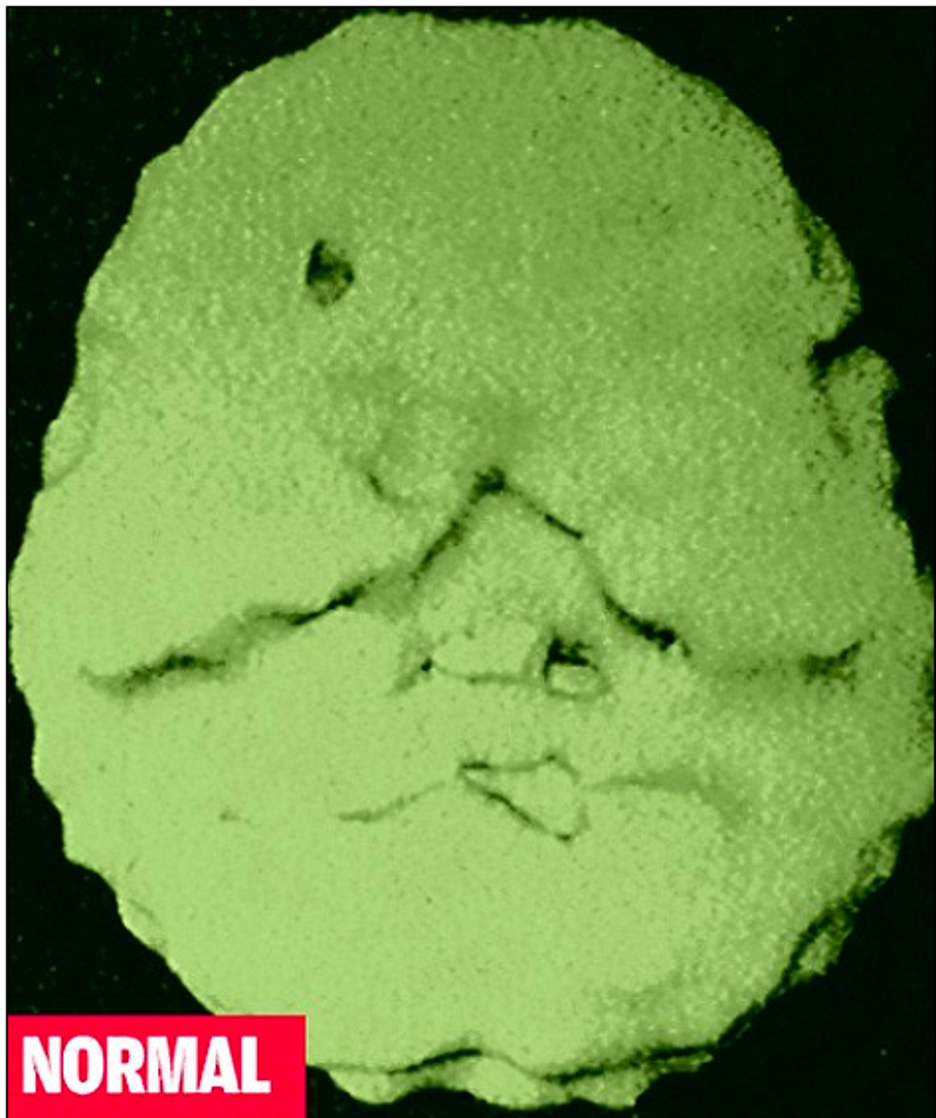
Normal blood flow seen in healthy brain as a comparison to others. (photos courtesy of AMEN clinics).
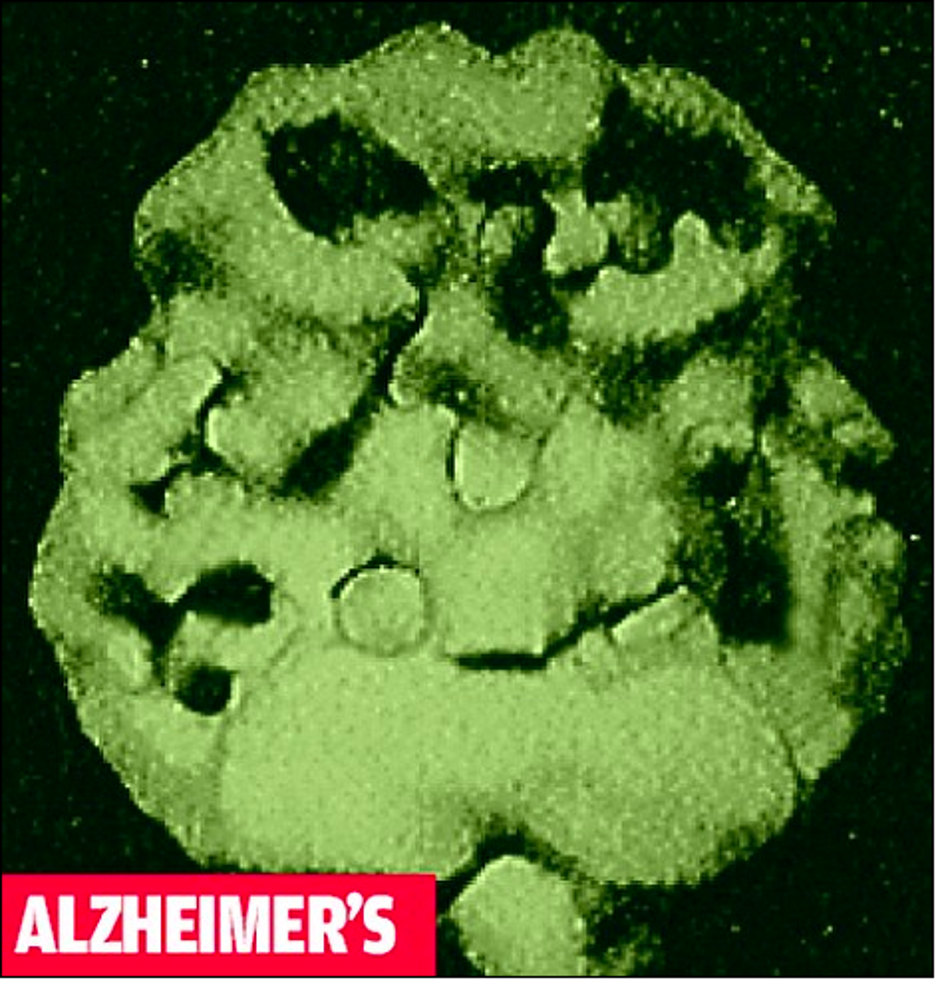
Amygloid plague build up is what causes Alzehiemers victims to have memory problems as well, due to plague build up in memory centers of the brain. This person didn’t choose this, but we put alcohol and drugs into our systems
voluntarily.
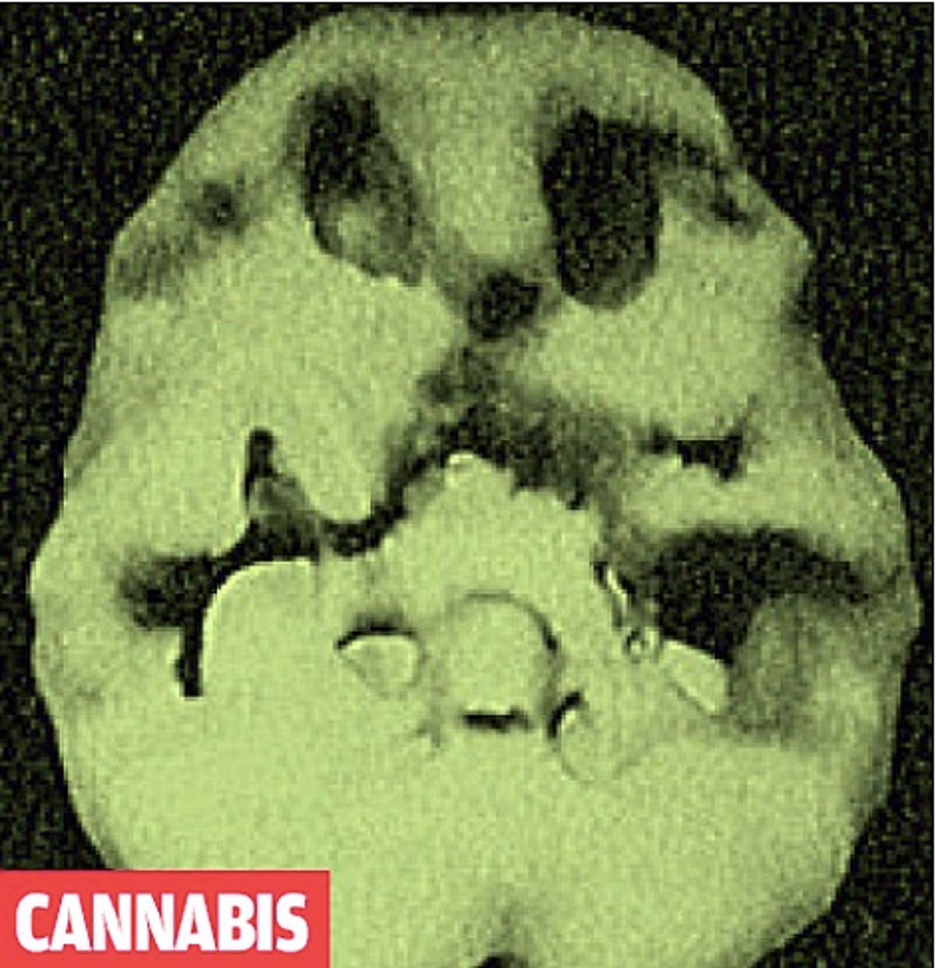
Sixteen year old with two year history of marijuana daily use: Temporal lobe (memory and motivation center) and PFC (rational thought/future planning area) both have marked inactivity due to lack of blood flow.
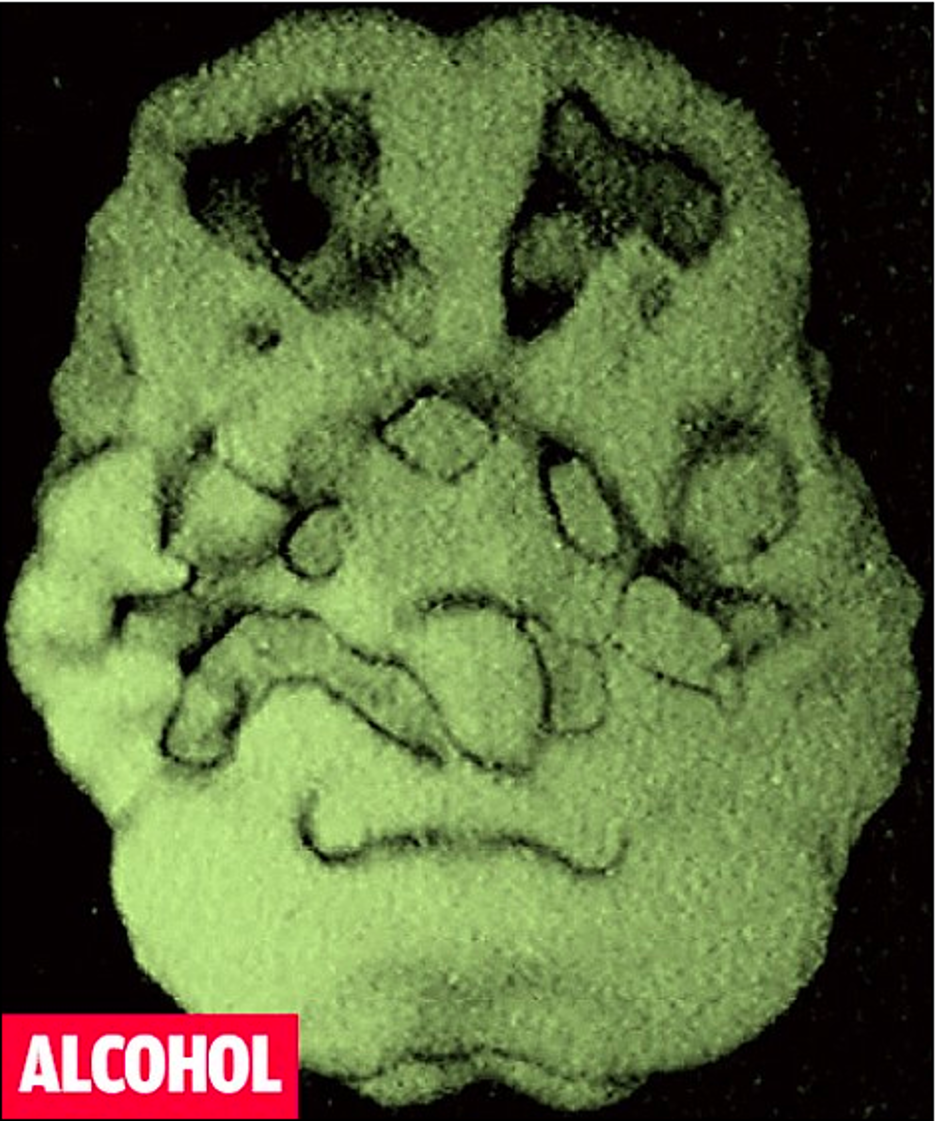
Marked decrease in Prefrontal Cortex: too much or too little activity in this area makes you unpredictable and moody.
DAY 14 MEDITATION
Bi-Lateral Brain Stimulation

Stress at its core is about unpredictability so in order to calm the mind down we must give the brain something to focus on that is predictable. The brain is constantly trying to predict what is going to happen next and when a “surprise” happens that the brain doesn’t think it can handle, anxiety will occur. In order to counteract this engrained trait of the brain we need to give it a reason to calm down. Creating predictability with your body sends a signal to the emotion centers of your brain that everything in the outside world is under your control and therefore your mind will stop over-reacting.
- FACT: If you activate both sides of your body simultaneously in anyway, such as walking or rubbing your hands together, the two hemispheres of your brain will begin communicating with each other and you can solve problems quicker.
- TAKEAWAY: The right side of your body talks to the left side of your brain (emotional thinking) and left side of body communicates with the right side of your brain (rationally thinking). So if you activate both sides of the body together your rational mind can calm down your emotional mind.
DAY 14 MEDITATION
Today’s meditation is pretty simple. The goal is to rub your hands together and count until you reach the number 100. If your mind wanders, even for a short time, and you lose track of your number…. ya gotta start over.
DAY 14 MOVEMENT
Repetition

Anything that you do repeatedly your brain will work to make happen again. Repetition is literally the language of the brain. It becomes harder to teach it skills, past age 19, due to neural pruning but it’s always ready to learn. It wasn’t until fairly recently, however, that scientists determined the brain could change later in life. Researchers call the brain’s ability to constantly change: neuroplasticity. The general premise being that anything you do often enough, even in adulthood, will physically alter the synapses in your brain and help you do that skill/task more efficiently in the future. Unfortunately, sometimes those “skills” are checking Facebook every 10 ten minutes or learning to love a substance more than you love your family. So make sure your teaching your brain the right “skills” because once the engrained programming is there it is harder to break. As practice doesn’t make perfect, it makes semi-permanent.
- FACT: It only takes three attempts at a task to physically alter the pathways in your brain and make new synaptic connections.
- TAKEAWAY: It’s uncomfortable to start in on any new experience/task/or skill but the brain is always paying attention and will adapt to the new skill very quickly.
DAY 14 MOVEMENT
For today’s action task we’re going to work on re-wiring your brain in a few short minutes. The task is pretty simple just open and close a door with your non-dominant hand five times. After this task is complete it is interesting to visualize that your brain has literally changed after trying this new activity and if you kept doing it over time the synapses would keep firing and eventually you would automatically open the door with your new routine.
DAY 14
Bonus Material
Ted Talk: Addiction and Trust
Check out this Ted Talk by Marc Lewis about the profound impacts repetition can have on the brain. In short, Marc talks about how addiction is just a brain functioning as it normally does. Showing how we are all susceptible to addictive qualities.
Ted Talk: The most important lesson I learned after 83,000 brain scans
Check out this Ted Talk by Dr. Amen where he discusses his career at a neuroscientist looking at thousands of different brains through SPECT scans that tell us a lot about what a brain is going through.
